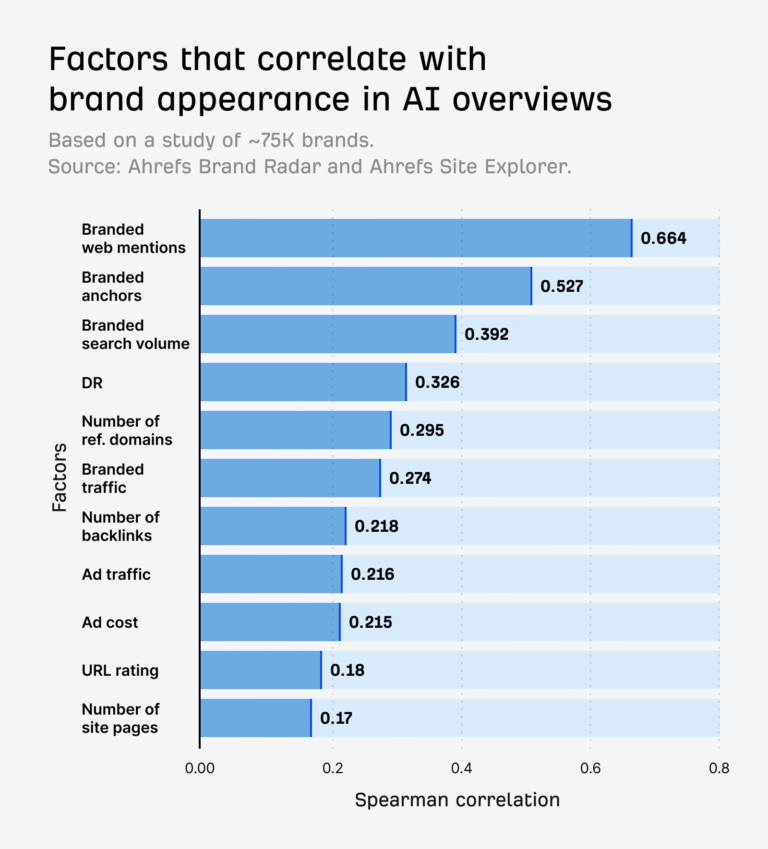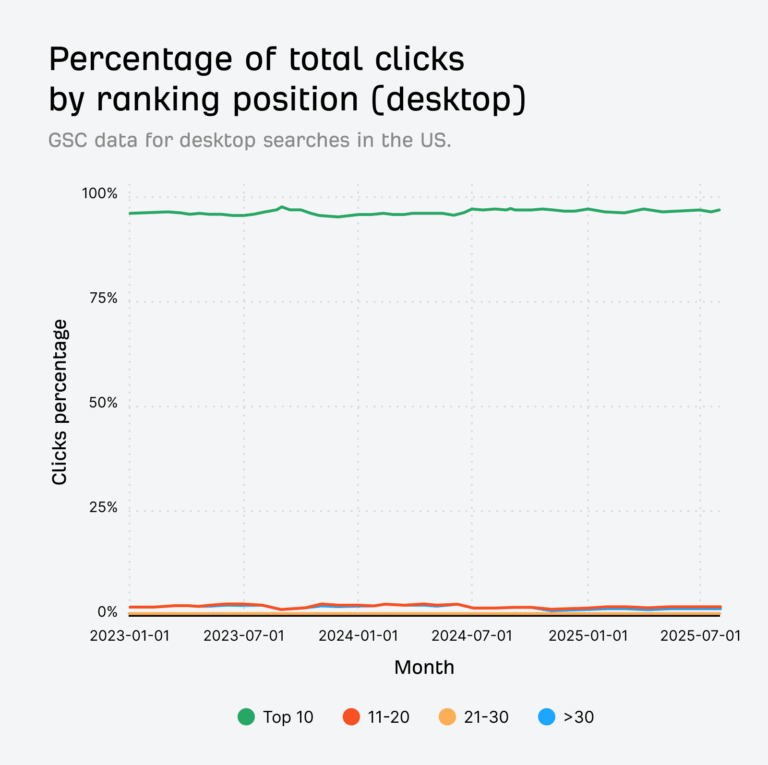

In today’s digital era, as artificial intelligence becomes the driving force behind innovation, organizations are searching for new ways to manage their IT infrastructure efficiently, securely, and at scale. The rise of AI servers—purpose-built, high-compute machines designed to power deep learning, data analytics, and next-generation business applications—is redefining the standards for server management across industries. For modern enterprises, adopting advanced server management solutions is no longer just a technical upgrade; it’s a strategic imperative for ensuring seamless digital operations and supporting future growth.
The Evolving Landscape of AI Servers in Modern Data Centers
AI servers are engineered with specialized hardware such as GPUs, TPUs, and high-throughput networking to accommodate the rigorous demands of artificial intelligence workloads. These systems support applications ranging from natural language processing and predictive analytics to real-time IoT data processing and autonomous decision-making. As AI adoption accelerates in sectors like healthcare, finance, manufacturing, and e-commerce, the need for robust, flexible, and intelligent server management is more pronounced than ever.
Advanced Server Management: Efficiency, Security, and Scalability
The complexity of AI-driven environments introduces unique challenges—balancing high performance with operational stability, optimizing resource allocation, and ensuring airtight security. Advanced management platforms leverage automation, predictive analytics, and real-time monitoring to streamline these processes:
- Proactive Monitoring & Predictive Maintenance: AI-powered tools continuously analyze server health, detecting anomalies and predicting potential failures before they disrupt services. This reduces unplanned downtime and extends hardware lifespan.
- Optimized Resource Utilization: Intelligent management solutions dynamically allocate compute, memory, and storage resources, ensuring that critical AI workloads always have the capacity they need, while minimizing waste and energy usage.
- Automated Troubleshooting & Incident Response: Automated root cause analysis accelerates fault resolution, while self-healing mechanisms can remediate issues without manual intervention, freeing IT teams to focus on strategic innovation.
- Enhanced Security & Compliance: Modern AI server management solutions integrate machine learning-driven security monitoring, anomaly detection, and automated vulnerability patching, safeguarding sensitive data and meeting compliance requirements.
From Edge Computing to Hybrid Cloud: Meeting Modern Business Demands
As businesses expand their digital footprint, AI servers are increasingly deployed not just in centralized data centers, but also at the network edge for latency-sensitive applications. This shift demands server management solutions that are as agile as the workloads they support—capable of scaling across distributed environments, orchestrating resources globally, and maintaining visibility and control from a single pane of glass.
Furthermore, integrating AI server management into hybrid cloud strategies enables businesses to optimize costs, maintain high availability, and rapidly respond to evolving market demands. The flexibility to scale up or down, automate routine maintenance, and ensure uninterrupted service gives organizations a powerful competitive edge.
Sustainable, Reliable Infrastructure for the AI Era
Environmental sustainability and operational excellence go hand in hand in today’s data centers. Next-generation AI server management solutions are embracing energy-efficient cooling, intelligent power distribution, and green computing practices to reduce carbon footprints without compromising on performance.
AI-Driven Automation Tools Transforming Server Management
Modern server management now relies on AI-powered tools like Dynatrace, Datadog, and IBM Watson AIOps. These platforms automate monitoring, predict hardware issues, and alert teams to anomalies before they become critical. By automating updates and resource scaling, AI reduces manual tasks and accelerates incident resolution, empowering IT teams to focus on strategic goals.
Best Practices for Securing AI Servers and Ensuring Compliance
Securing AI servers requires layered defense: end-to-end encryption, multi-factor authentication, and regular automated patching. AI-driven security modules help detect threats and automate responses. Adhering to standards such as ISO 27001 and SOC 2 ensures compliance and builds trust, while real-time analytics strengthen risk management.
Optimizing Resource Allocation and Sustainability
AI workloads demand efficient resource use. Advanced server management dynamically adjusts CPU, memory, and storage to match demand, avoiding waste. Sustainability measures—like energy-efficient cooling and smart power distribution—cut costs and help meet ESG goals, making operations greener and more cost-effective.
Integrating Edge Computing and Hybrid Cloud Strategies
Businesses are extending server management to the edge and hybrid cloud for lower latency and greater flexibility. Centralized platforms now manage resources across on-premises, cloud, and edge locations, supporting workload migration, compliance, and rapid scaling—vital for global and real-time applications.
Performance Monitoring, Observability, and Analytics
AI-driven observability tools monitor metrics like uptime, latency, and errors, offering real-time insights for quick troubleshooting. These analytics support proactive maintenance, optimize server configurations, and aid in accurate capacity planning, ensuring stable performance even during peak demand.
Future Trends: AI Integration, Self-Healing Systems, and Digital Transformation
Server management is moving toward self-healing systems and deeper AI integration. Trends such as generative AI for forecasting, automated remediation, and the fusion of AI with IoT and edge computing will drive the next phase of digital transformation, enabling businesses to stay agile and resilient.
The Dataplugs Approach: Expert Support for Your Server Management Journey
While the future of server management is increasingly shaped by AI and automation, the foundation remains robust infrastructure, reliable connectivity, and expert support. Dataplugs stands at the forefront of this evolution, offering enterprise-grade dedicated servers, world-class network architecture, and 24/7 multilingual support.
For organizations seeking to modernize their operations, Dataplugs provides tailored server management services—including proactive monitoring, security hardening, and rapid response troubleshooting—enabling businesses to focus on innovation instead of infrastructure. Our solutions are trusted by educational institutions, global enterprises, and technology leaders for their reliability, scalability, and performance.
Summary: Unlock Peak AI Server Performance with Advanced Management Solutions
AI server management is transforming how businesses harness the power of data and automation. By combining cutting-edge server technologies with advanced management practices, organizations can optimize uptime, secure sensitive workloads, and scale seamlessly in a digital-first world. As you explore new ways to empower your business, consider partnering with a trusted provider like Dataplugs—delivering not just dedicated hardware, but a complete suite of managed server solutions tailored to your operational goals. Discover how our expertise can help you unlock secure, efficient, and scalable infrastructure for the AI-driven future.
Ready to elevate your server management experience? Explore Dataplugs’ managed server services or contact our team for personalized advice and support via live chat or email at sales@dataplugs.com.





